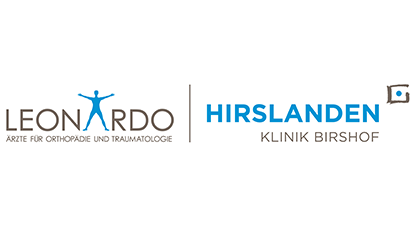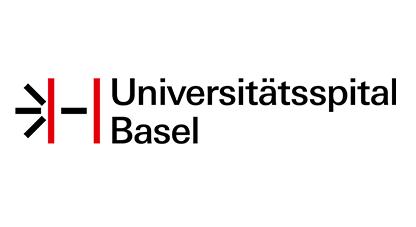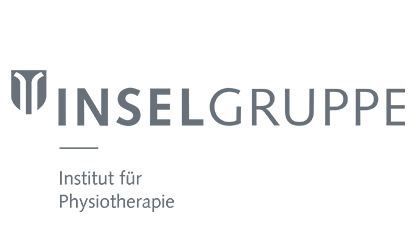Keynote speakers
-
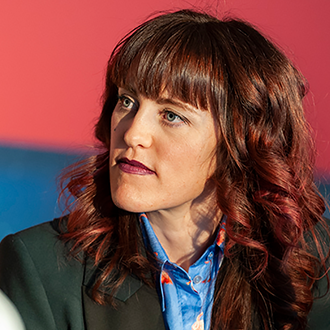 Clare Ardern The University of British Columbia in Vancouver, CanadaClare Ardern
Clare Ardern The University of British Columbia in Vancouver, CanadaClare Ardern
1st strand keynote: Right care, right place, right time—3 ways for musculoskeletal rehabilitation clinicians to lead sustainable health care
Health workforces the world over are in crisis, and many people do not have access to quality musculoskeletal health care. Emergency departments often bear the brunt of the problem, and the frontline clinicians trying to provide care in these settings are not musculoskeletal pain specialists. Training more frontline clinicians is not a panacea to the healthcare crisis. The World Health Organization’s global strategy on digital health recognises the critical role of digital health, frames technology as “shaping the future of global health”, and calls for countries to make digital health integral to health priorities for their people. This keynote asks what does it mean for musculoskeletal rehabilitation specialists, including physiotherapists, to lead global health care? What would it take to re-imagine how health services, providers and patients, together, prevent, diagnose and manage musculoskeletal pain conditions? One’s postcode shouldn’t determine one’s health outcomes, yet sadly for too many people, it does. People who are underserved by health care have poor musculoskeletal health outcomes. There is an urgent need to rethink how musculoskeletal health care is being delivered, and by whom, so that the right care reaches the people who need it, when and where they need it.
Curriculum Vitae
Clare Ardern, Dr,
The University of British Columbia in Vancouver, CanadaDr Clare Ardern is an Australian-trained physiotherapist and Assistant Professor in the Department of Physical Therapy at The University of British Columbia in Vancouver, Canada (traditional, ancestral and unceded land of the Coast Salish people). She teaches evidence-based physiotherapy practice with a health equity focus, and her research team works to bring patients, clinicians and health policy-makers together to co-design, implement and evaluate digital health solutions for musculoskeletal problems. In the last decade, Dr Ardern has led musculoskeletal rehabilitation and digital health research in Australia, Qatar, Sweden and Canada. She has served the global musculoskeletal rehabilitation community as Editor-in-Chief of the Journal of Orthopaedic & Sports Physical Therapy (JOSPT) since 2018, and hosts the weekly JOSPT Insights podcast, which is downloaded more than 30 000 times each month.
-
 Dave Nicholls School of Clinical Sciences AUT University in Auckland, New ZealandDave Nicholls
Dave Nicholls School of Clinical Sciences AUT University in Auckland, New ZealandDave Nicholls
2nd strand keynote: The post-professional future for the physical therapies: A radically new image for our practice
Physiotherapy always seems to be in crisis. If it’s not the crisis of funding or the threat from competition, it’s the loss of professional identity or the lack of high quality clinical evidence. And yet, in recent years a number of physiotherapists have read these threats as an opportunity to radically rethink our practice. These people offer some radical and exciting ways to think about the physical therapies and the theories that underpin them. In this talk I want to give a brief guided tour of these new emerging fields and lay a breadcrumb trail for you to follow. Starting by acknowledging some of the many problems being faced by the profession, I show why the four main ways the profession is responding are understandable but inadequate (including our spurious current claim to be biopsychosocial). I then talk about some of the new emerging ideas in physiotherapy that are now pushing the boundaries of our practice. Many of these are radical and challenging, but they all derive from people within the profession looking for exciting ways to think about future physiotherapy. As Deleuze said, “There is no need to fear or hope, but only to look for new weapons”.
Curriculum Vitae
Prof. Dave Nicholls PhD, MA, GradDip, MPNZ, SFHEA
School of Clinical Sciences AUT University in Auckland, New ZealandFor the strand “Physiotherapy futures – emerging areas”, we were able to win Prof Dave Nicholls, a physiotherapist who has been working on different areas of physiotherapy with a critical perspective for many years.
As a founder of "Critical Physiotherapy Network" (CPN) Dave provided a space with a large international network for critical, informed thinking to challenge contemporary theory and practice.
In his book entitled "The End of Physiotherapy", Dave demonstrated why it is necessary to critically engage in discussions about the past, present and future of the profession. In his subsequent book, "Physiotherapy Otherwise", he takes readers even further and deeper with sociological insights that point to the future for our profession and its practices. With his new project ParaDoxa, Dave looks to challenge, deconstruct and disrupt orthodox health care.This certainly makes Dave the person who will ask knowledgeable and theoretically sound questions and raise challenging thoughts in his keynote.We look forward to hearing how Dave will build bridges between his longstanding and profound reflections on physiotherapy and the current context of the IFOMPT community, leading us to several new and important questions for the future. -
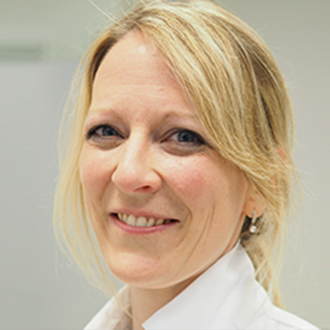 Annina Schmid Oxford University, UKAnnina Schmid
Annina Schmid Oxford University, UKAnnina Schmid
3rd strand keynote: Entrapment neuropathies and neuropathic pain: crossing bridges between pain neurosciences and clinical practice
Curriculum Vitae
Prof. Annina Schmid
Oxford University, UKProf Annina Schmid is a specialist musculoskeletal physiotherapist and a neuroscientist affiliated with the Nuffield Department of Clinical Neurosciences at Oxford University in the UK. She leads the Neuromusculoskeletal Health and Science Lab which uses a translational and interdisciplinary approach to study the pathophysiology of neuromusculoskeletal conditions with the ultimate goal to improve management for patients. Annina has a particular interest in entrapment neuropathies and neuropathic pain and the development of precision therapy for these patients. She has trained over 25 scientists and clinicians in her lab and maintains a strong international collaborative network.
Annina has published her work in leading clinical and basic science journals and regularly presents her work at international meetings. Her research contributions have been recognised by the award of several prizes (most recently the Emerging Leaders Prize in Pain Research, Medical Research Foundation) and competitive fellowships. She was the first allied health professional to win a prestigious Clinical Research Career Development Fellowship from the Wellcome Trust.
In addition to her research activities, Dr Schmid teaches postgraduate courses related to pain and neuroscience internationally. She also maintains a weekly caseload as a specialist musculoskeletal Physiotherapist both privately and in the NHS. Further information can be found at www.neuro-research.ch.

